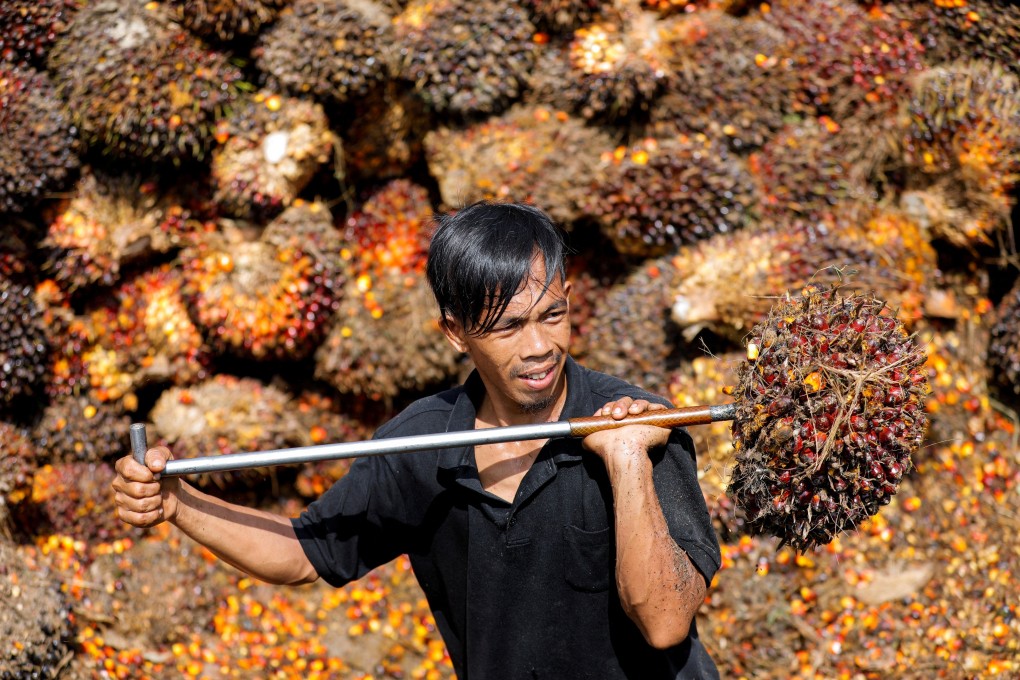Eye on Asia | Emerging Asia at risk from EU’s protectionist carbon border tax
- The EU tax shifts the carbon burden to the commodity-rich emerging economies least responsible for today’s climate crisis while fattening its Covid-19 relief fund
- Singapore, as a leading regional carbon services hub, offers some solutions but Asia as a whole needs to find pragmatic ways to defend against climate inequality

The European Parliament recently passed several landmark proposals as part of the European Union’s Fit for 55 climate master plan. The vote was timely as continental Europe confronts a record-breaking early summer heatwave, pointing to the all-too-real effects of human-induced climate change.
The divide between industrialised and post-industrialised nations versus developing nations cannot be overstated. The United States has emitted more carbon than any other country and is responsible for 25 per cent of all historical emissions, followed by the EU and the UK, which are collectively responsible for 22 per cent.
However, instead of taxing the largest cumulative emitters, the CBAM shifts the liability and places a new financial and administrative burden on commodity-rich emerging economies, which are least responsible for today’s climate crisis.

